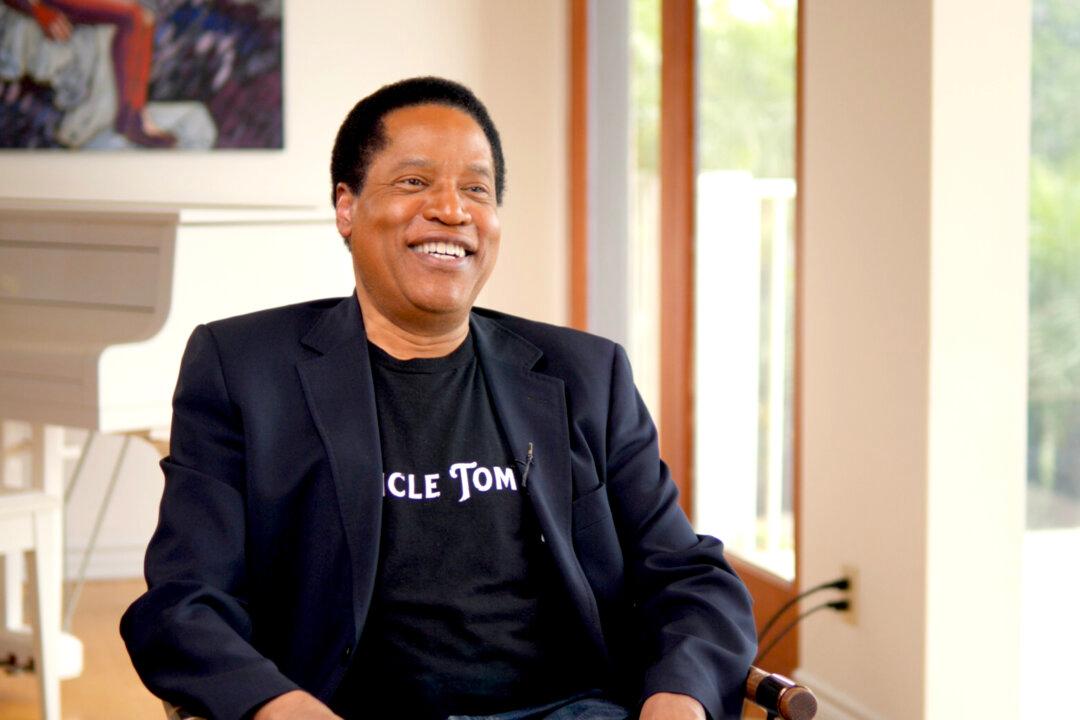Race politics in the United States, which are based on “critical race theory,” are unfounded, according to author, filmmaker, and radio host Larry Elder.
Elder, the host of “The Larry Elder Show,” said in an interview with The Epoch Times’ “Crossroads” program that in his perception, critical race theory can be summed up as the notion that black people today are still victims in America of systemic racism and white people need to recognize how they victimized black people.






